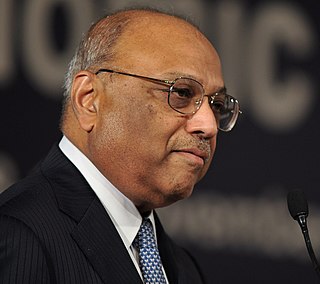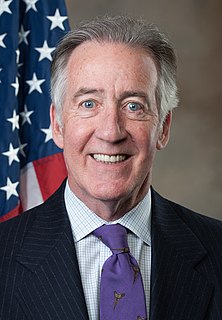A Quote by Andrew Yang
I have started or run several companies and spent time with dozens of entrepreneurs over the years. Virtually none of them, in my experience, made meaningful personnel or resource-allocation decisions based on incentives or policies.
Related Quotes
Apparently, sir you Chinese are far ahead of us in every respect, except that you don’t have entrepreneurs. And our nation, though it has no drinking water, electricity, sewage system, public transportation, sense of hygiene, discipline, courtesy, or punctuality, ‘’does’’ have entrepreneurs. Thousands and thousands of them. Especially in the field of technology. And these entrepreneurs—"we" entrepreneurs—have set up all these outsourcing companies that virtually run America now.
To live means to experience-through doing, feeling, thinking. Experience takes place in time, so time is the ultimate scarce resource we have. Over the years, the content of experience will determine the quality of life. Therefore one of the most essential decisions any of us can make is about how one's time is allocated or invested.
Many companies believe incentives, financial incentives, are the answer to every problem or issue. But people are motivated by much more than money. In particular, people like to feel good about themselves and maintain their self-esteem. If companies spent more time working on people's feelings of self-worth, they wouldn't have to try, often unsuccessfully, to bribe people to do work.
China has national security laws that compel Chinese companies to provide the government with information and access at their government's request. And virtually all Chinese companies of any size are required to have Communist Party 'cells' inside them, to make sure the companies stay in line with the party's principles and policies.
A hundred years ago-even 20 or 30 years ago-it was possible, if not always easy, to close major business by calling on and satisfying a key decision-maker. Today, every piece of business entails multiple decisions, and those decisions are virtually never made by the same person. Not only do you have to contend with multiple decisions, but the people who make those decisions may not even work in the same place.
Generally speaking, experience counts for something. So you'd expect entrepreneurs who've been through the ups and downs of a tech startup to have an advantage over the newcomers. Or at least have an equal chance at success. But in fact the opposite may be true. A number of venture capitalists I've spoken with have said that too many "old guard" entrepreneurs are not being bold enough in their business decisions, and it's hurting their startups.



































